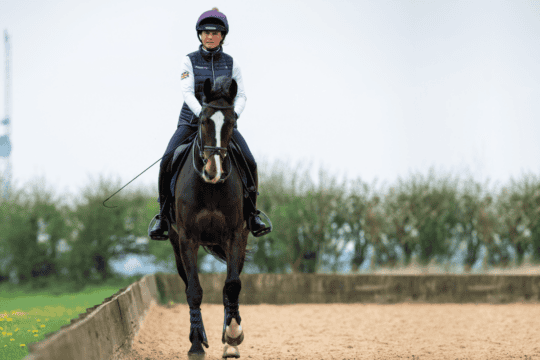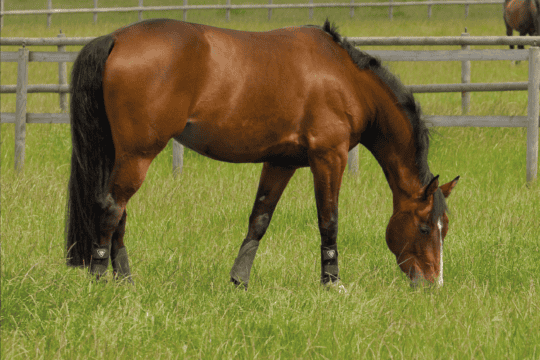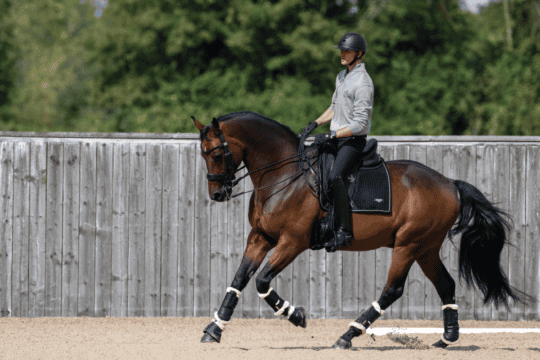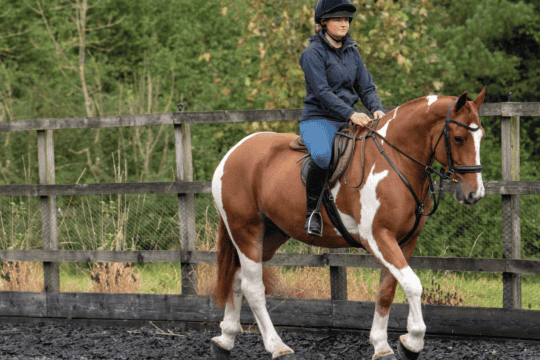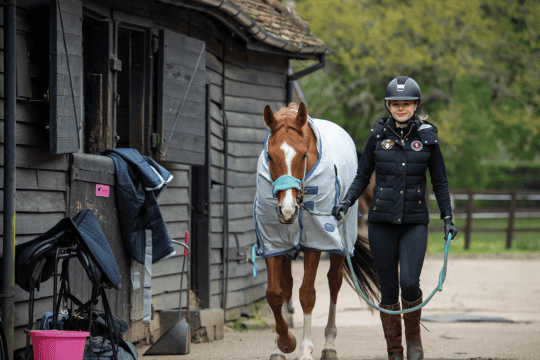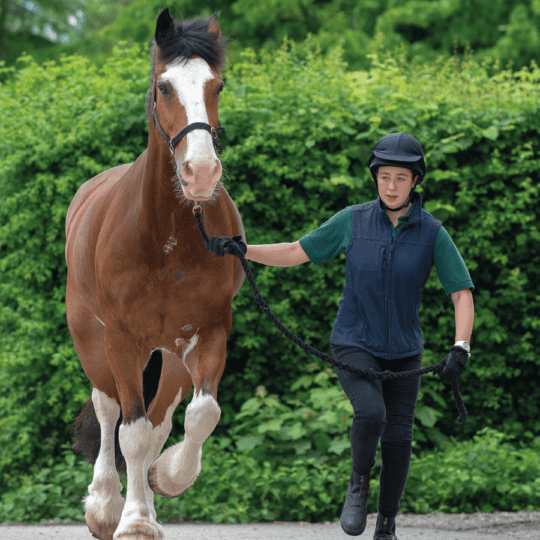Identifying and overcoming impostor syndrome
Posted 16th February 2023
What is impostor syndrome and how does it affect riders? Alison Buttery looks at this all-too-common condition and the various ways to overcome it

If you’re suffering from feelings of self-doubt, insecurity or that you’re a fraud, it could be you’re suffering from impostor syndrome. The condition is recognised as a psychological phenomenon and is a challenge faced by many riders, even when there’s plenty of evidence to show their fears are unfounded.
Impostor syndrome can lead you to feel anxious, stressed and fearful, which can then affect your decisions, actions and ultimately, how much enjoyment, fun and fulfilment you experience when riding – and that is not a good place to be.
So, how do you know if you have impostor syndrome and is there anything you can do about it? The good news is that it’s absolutely possible to overcome impostor syndrome. But, before you start on your mission to do just that, the first step is to examine exactly how you’re thinking and identify areas that are giving rise to those negative feelings about yourself.
Classic ‘impostor’ features
Inadequacy or self-doubt
Riders who suffer with impostor syndrome may think that they’re not as capable or qualified as others, and this is often compounded by comparing themselves negatively to other riders. A common place to find this is in the collecting ring at shows when, all of a sudden, it can seem as if all the other horses and riders are so much better, even if it’s patently untrue.
A rider may have a fear that they will be discovered as a fraud and ‘found out’. Often this is strongly linked to a lack of self-worth and not feeling good enough – although that in itself is essentially meaningless without some kind of standard to measure yourself against, which leads us to the next feature of the syndrome.
Perfectionism
A rider with impostor syndrome may set extremely high, often unrealistic, expectations and standards for themself. They believe they have to be perfect in order to be successful. In this situation, the rider will usually be extremely self-critical and have highly negative (sometimes, downright unkind) conversations going on in their head, which then makes them feel even worse.
Did you know?
Riders will often create personal barriers that prevent them from doing things or feeling good about themselves or their achievements. This, in turn, creates difficulties where there really shouldn’t be any.
Check out Spring Horse&Rider for more tips for overcoming impostor syndrome – get your copy today!


